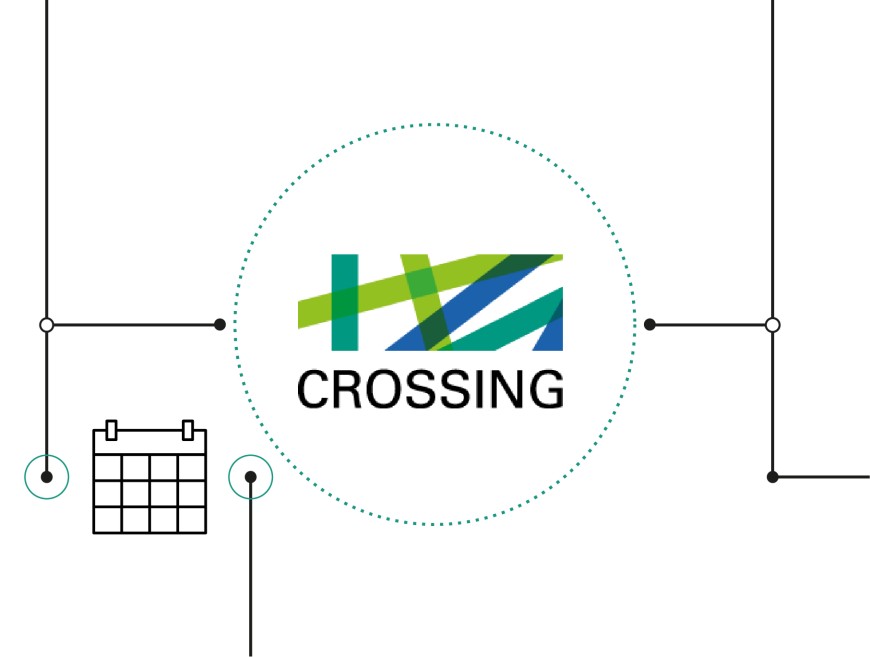CROSSING Research Seminar: Quantum Indistinguishability for Public Key Encryption
2021/07/22 13:00-14:00
Speaker: Patrick Struck, TU Darmstadt | Location: Online (Networking afterwards)

Organizer: Stefanie Kettler, CROSSING
Abstract
In this work we study the quantum security of public key encryption schemes (PKE). Boneh and Zhandry (CRYPTO'13) initiated this research area for PKE and symmetric key encryption (SKE), albeit restricted to a classical indistinguishability phase. Gagliardoni et al. (CRYPTO'16) advanced the study of quantum security by giving, for SKE, the first definition with a quantum indistinguishability phase. For PKE, on the other hand, no notion of quantum security with a quantum indistinguishability phase exists.
Our main result is a novel quantum security notion (qIND-qCPA) for PKE with a quantum indistinguishability phase, which closes the aforementioned gap. We show a distinguishing attack against code-based schemes and against LWE-based schemes with certain parameters. We also show that the canonical hybrid PKE-SKE encryption construction is qIND-qCPA-secure, even if the underlying PKE scheme by itself is not.
Finally, we classify quantum-resistant PKE schemes based on the applicability of our security notion.
Our core idea follows the approach of Gagliardoni et al. by using so-called type-2 operators for encrypting the challenge message. At first glance, type-2 operators appear unnatural for PKE, as the canonical way of building them requires both the secret and the public key. However, we identify a class of PKE schemes – which we call recoverable – and show that for this class type-2 operators require merely the public key. Moreover, recoverable schemes allow to realise type-2 operators even if they suffer from decryption failures, which in general thwarts the reversibility mandated by type-2 operators. Our work reveals that many real-world quantum-resistant PKE schemes, including most NIST PQC candidates and the canonical hybrid construction, are indeed recoverable.
Short Bio
Patrick Struck is a PhD student in the QPC group of Juliane Krämer. He works on the security of cryptographic primitives against attackers with quantum computing power in the context of Project P1.
Links
- Talk: Online via BBB
- Networking: Online – the link will be shared during the BBB session


